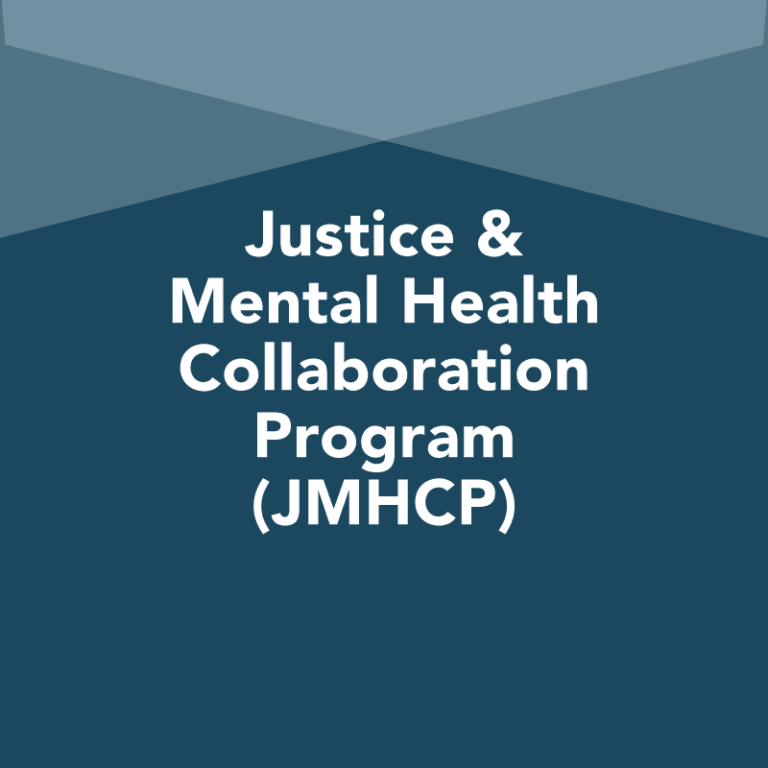Participant satisfaction surveys help behavioral health-criminal justice programs assess the quality of service being provided and their impact on individual outcomes, as well as help them to determine if there are disparities in program and service delivery. This brief presents important considerations when developing these surveys for people with behavioral health needs in the criminal justice system and ways to integrate survey feedback meaningfully.
Related Resources

Preparing Law Enforcement Agencies for Embedded Clinicians
Crisis Systems, Law Enforcement, Mental Health
Read more
Building Successful Partnerships with Peer-Run Organizations
Co-Occurring Substance Use, Mental Health
Read more
FY2023 Planning and Implementation Guide for JMHCP Connect and Protect
Co-Occurring Substance Use, Law Enforcement, Mental Health
Read moreAuthors

Rachel Lee
Project Manager, Behavioral Health
Rachel Lee provides technical assistance to Justice and Mental Health Collaboration Program grantees and offers support on other projects that focus on the intersection of behavioral health and criminal justice. Prior to joining the CSG Justice Center, Rachel worked for C4 Innovations, where she provided project assistance to several recovery-focused Substance Abuse and Mental Health Services Administration initiatives. Rachel has also served as a therapist for people with behavioral health disorders in both inpatient and outpatient health care settings. Rachel earned her BA in psychology from Bates College and her MSW and MPA from Columbia University.